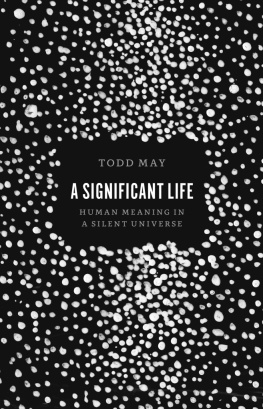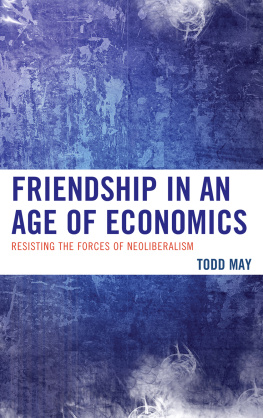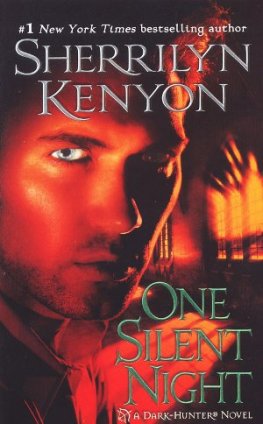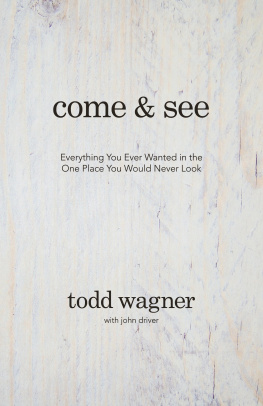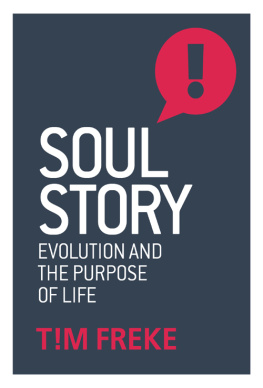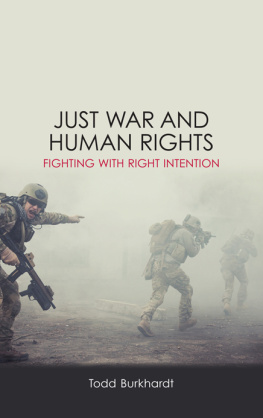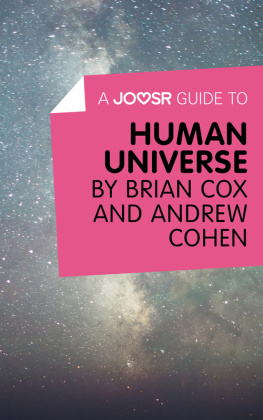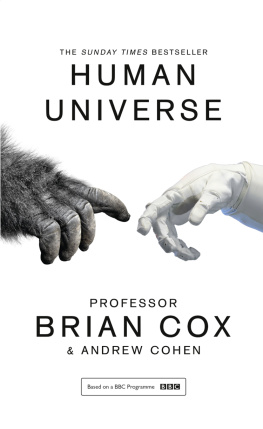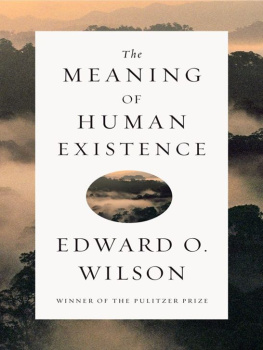Todd May - A Significant Life: Human Meaning in a Silent Universe
Here you can read online Todd May - A Significant Life: Human Meaning in a Silent Universe full text of the book (entire story) in english for free. Download pdf and epub, get meaning, cover and reviews about this ebook. year: 2015, genre: Religion. Description of the work, (preface) as well as reviews are available. Best literature library LitArk.com created for fans of good reading and offers a wide selection of genres:
Romance novel
Science fiction
Adventure
Detective
Science
History
Home and family
Prose
Art
Politics
Computer
Non-fiction
Religion
Business
Children
Humor
Choose a favorite category and find really read worthwhile books. Enjoy immersion in the world of imagination, feel the emotions of the characters or learn something new for yourself, make an fascinating discovery.
A Significant Life: Human Meaning in a Silent Universe: summary, description and annotation
We offer to read an annotation, description, summary or preface (depends on what the author of the book "A Significant Life: Human Meaning in a Silent Universe" wrote himself). If you haven't found the necessary information about the book — write in the comments, we will try to find it.
Todd May: author's other books
Who wrote A Significant Life: Human Meaning in a Silent Universe? Find out the surname, the name of the author of the book and a list of all author's works by series.
A Significant Life: Human Meaning in a Silent Universe — read online for free the complete book (whole text) full work
Below is the text of the book, divided by pages. System saving the place of the last page read, allows you to conveniently read the book "A Significant Life: Human Meaning in a Silent Universe" online for free, without having to search again every time where you left off. Put a bookmark, and you can go to the page where you finished reading at any time.
Font size:
Interval:
Bookmark:
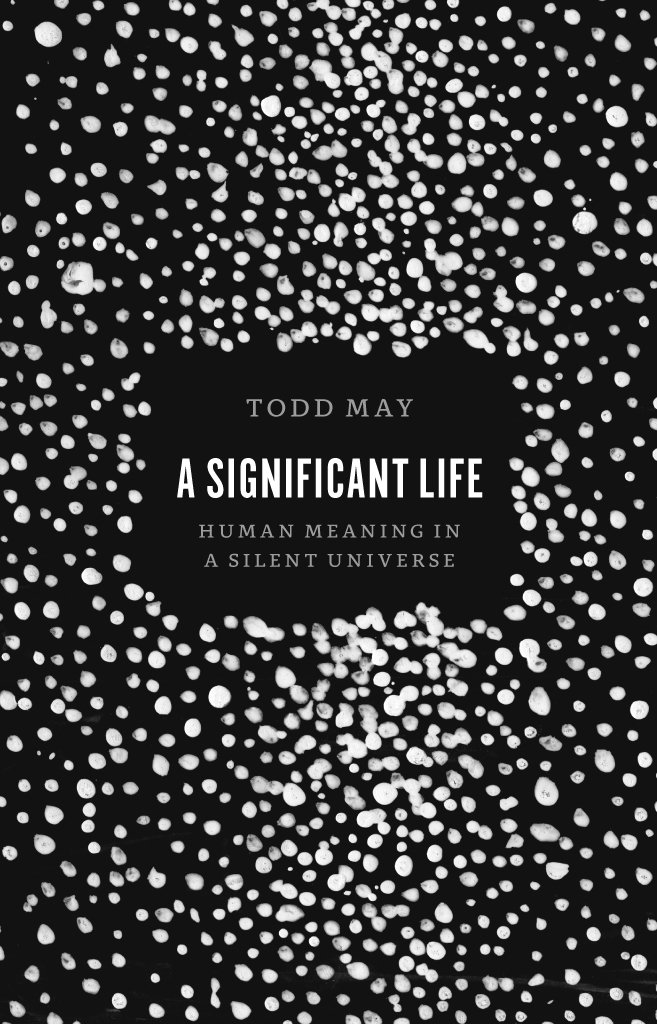
Todd May
The University of Chicago Press
Chicago and London
TODD MAY is Class of 1941 Memorial Professor of the Humanities at Clemson University. He is the author of many books, including Friendship in an Age of Economics, Contemporary Movements and the Thought of Jacques Rancire, and Death.
The University of Chicago Press, Chicago 60637
The University of Chicago Press, Ltd., London
2015 by The University of Chicago
All rights reserved. Published 2015.
Printed in the United States of America
24 23 22 21 20 19 18 17 16 15 1 2 3 4 5
ISBN-13: 978-0-226-23567-7 (cloth)
ISBN-13: 978-0-226-23570-7 (e-book)
DOI: 10.7208/chicago/9780226235707.001.0001
Library of Congress Cataloging-in-Publication Data
May, Todd, 1955 author.
A significant life : human meaning in a silent universe / Todd May.
pages cm
Includes bibliographical references and index.
ISBN 978-0-226-23567-7 (cloth : alk. paper)
ISBN 978-0-226-23570-7 (e-book)
1. Philosophical anthropology. 2. Meaning (Philosophy)
3. Life. 4. Conduct of life. I. Title.
BDM 2015
128dc23
2014023736
This paper meets the requirements of ANSI / NISO Z39.481992 (Permanence of Paper).
I grew up in New York City, two blocks from the Museum of Natural History. I recall, many years ago, when the current Hall of African Peoples was constructed. The first time I entered it I was struck, for under the arch through which one enters the exhibit is inscribed the words One is born, one dies, the land increases.
Those words haunted me then, and they haunt me still. Is it true that thats all there is? That we are nothing more than a long way around from loam to loam? Is there some reason for my being here except to live out my allotted time, to burn my days alongside others who are, in turn, burning theirs? It was that puzzle, that concern, that gnawing bewilderment, that led me along the path of literature and eventually philosophy.
We often ask ourselves questions like these when we think about our own death. There comes a time in the lives of most of us when the outlines of the far shore become more distinct than those of the shore from which we set out. We look backward and see life as a quarter over, half over, or nearly done. And we wonder, what have we made of ourselves? What have we been about? Whatever we have done to arrive at this moment, we have less time to alter it than we had to get here. We wont get a full do-over. Have we lived as we ought, or as we might? Have our lives been not just good, but meaningful? Was there a point to them, or will there be? Or will we instead lie on our deathbed and say to ourselves, It was the wrong life. I should have lived differently?
After all, if there is a meaning to our livingor, if our lives are to be meaningfulthen we dont have forever to find it. It is not as though that far coast will keep receding before us, allowing us a century or two to tinker at trifles here or there in the meantime. Indeed, we need to discover that meaning, or have it revealed to us, or perhaps even create it, in the limited and yet undetermined time that is our portion.
However, although death may motivate us to ask about the meaningfulness of life, it is not necessary for the question to arise. It can emerge in other ways, confronting us through other venues. The French philosopher Albert Camus writes of something similar which he calls a feeling of the absurd. It happens that the stage sets collapse. Rising, streetcar, four hours in the office or the factory, meal, sleep, and Monday Tuesday Wednesday Thursday Friday and Saturday according to the same rhythmthis path is easily followed most of the time. But then one day the why arises and everything begins in that weariness tinged with amazement. Weariness tinged with amazement. The weight of the rhythm exhausts us, seems grinding where it once seemed natural, or didnt seem like anything, just background noise. At the same time we are perplexed by this rhythm, by the fact that we never noticed, or even that it was there at all. The fact of our being here, having gone through these motions for all these years without having noticed their pointlessness, grips us at the same time it bears down upon us.
For me, it first happened on the subway in New York. Coming home from high school, gazing over the faces of my fellow passengers, each staring into the middle distance; one day everything suddenly became futile. My life began to feel remote. The elderly Chinese lady across from me, nodding off every few seconds while trying to keep her shopping bags propped between her knees; the business man solemnly reading his folded copy of the New York Times; a teenager in jeans and a leather jacket trying to look intimidating: werent we all just playing roles? As Shakespeare had it, we are all certainly just strutting and fretting our time upon the stage in a grand play. But who then is our audience and what, if anything, do our roles matter?
For Camus, these feelings of pointless rhythms or of deaths inevitability are only the symptoms of the absurd. The absurd itself is something very precise. It is the confrontation of our need for meaning with the unwillingness of the universe to yield it to us. Humans need reasons; we need to know that there is some point to going on. The universe, however, is silent. It does not speak, or if it does, it is in a language we do not understand. It is not that there necessarily is no meaning. Perhaps there is. But if there is, it is inaccessible to us. Science might give us explanations. It might tell us why things are the way they are. But science does not yield meaning. That is not its job. And if we are to understand what the universe has on offer, where else could we turn?
Camus thought we have nowhere else to turn. We must live within the indifference of the universe, or better within the constant confrontation of our need for meaning with the universes steadfast silence. It is a matter of remaining in this condition of dual refusal: our refusal to give up the quest for meaning and the universes refusal to offer it to us.
Everything else, he thought, is a form of suicide. If we can no longer hold up our end of the bargain, abandoning our need for meaning, we can only do so through physical suicide. The human condition demands meaning; to eliminate the demand requires the elimination of our human condition. If we must have meaning in order to go on living, then we cant go on living. The feeling I had that day on the subway was not an illusion. There is no audience for my life that would give it a point. If I were overwhelmed by that, then I would be tempted by physical suicide. In fact, at moments I was.
The other form of suicide is philosophical. Instead of killing ourselves, we kill the thought that the universe will give us no reason to go on. Philosophical suicide is when we pretend that there is meaning to be found, and that it is enough to satisfy our longing. That pretense can take many forms. It can come in the form of a belief in God, or a reason that balks at its impotence and offers itself the illusion that it has found meaning. Or, in a more popular vein, it can come in the form of self-help books like The Alchemist or The Secret.
Either form of suicide, physical or philosophical, is a denial of the human condition. It is an act of cowardice in the face of our situation. The only integrity, for Camus, lies in facing it directly, in continuing to seek for meaning in a universe we already know will not offer it to us.
Font size:
Interval:
Bookmark:
Similar books «A Significant Life: Human Meaning in a Silent Universe»
Look at similar books to A Significant Life: Human Meaning in a Silent Universe. We have selected literature similar in name and meaning in the hope of providing readers with more options to find new, interesting, not yet read works.
Discussion, reviews of the book A Significant Life: Human Meaning in a Silent Universe and just readers' own opinions. Leave your comments, write what you think about the work, its meaning or the main characters. Specify what exactly you liked and what you didn't like, and why you think so.

